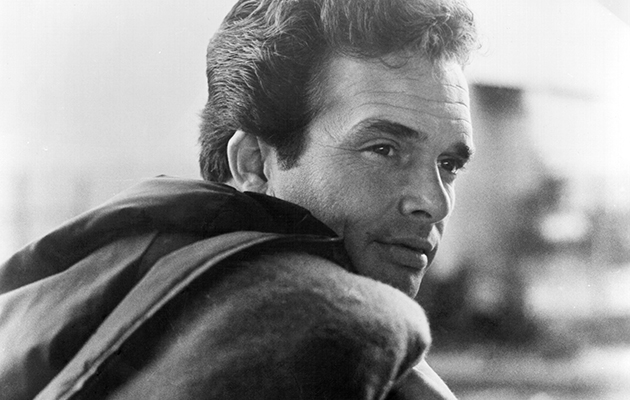https://www.youtube.com/watch?v=-iYY2FQHFwE
“Okie From Muskogee” was first a hit in 1969, in an America convulsed by the conflict between an insurgent anti-Vietnam war counter-culture and a conservative establishment. A warm, funny snapshot view of the world from the small hometown of Haggard’s father (“We don’t grow our hair all long and shaggy/Like the hippies up in San Francisco do”) it has been both embraced and dismissed as a statement of defiant redneck patriotism. Roy Rogers and George Jones, among many others, sang it straight – and Bruce Springsteen was surely alluding to it in “Long Walk Home”, when he invoked the flag flying augustly over the courthouse. Richard Nixon requested it when Johnny Cash played at his White House (Cash, clearly aware of the song’s manifold subtexts, refused, diplomatically if incredibly claiming not to know it). Oliver Stone deployed it in “Platoon” as the favourite singalong of the dim, drunk, good ol’ boy faction of his cinematic grunts. Splitting the difference, Bob Dylan has observed, correctly, that if “Okie…” had fallen from the pen of Randy Newman, it would be acclaimed as masterly satire.
“People,” says the song’s author today, “who’ve grown with some intelligence, like you and I have, find all kinds of different things to celebrate in it. I think the connection, between people, politicians, religions and all the rest of it, is pride. Everybody wants to be proud. I think that’s what it shares.”
The song, and its reputation, has followed Haggard around ever since (the same is true to a lesser extent of its follow-up, the more nakedly bellicose “The Fightin’ Side Of Me”, which suggested to America’s enemies within “If you don’t love it, leave it”). I wonder if Haggard ever feels the need to compensate for it – if indeed, that was what he was doing when, on the day after Barack Obama’s inauguration, he posted on his website (www.merlehaggard.com) a new lyric called “Hopes Are High”.
“I think most people,” he says, “even people who are against him… even Rush Limbaugh, if he told the truth, he’d have to say, I hope the god-dang guy succeeds. If you’re of a nature that wants people to fail, then I don’t give a fuck about you anyway. But if you want people to succeed, then I think for the most part people wish him their best. I was certainly in a positive way of thinking about him.”
It was an uncharacteristically upbeat song.
“Country music,” he agrees, “is for the most part sad music.”
So the happy ones are tough to write.
“The good ones are,” he says.
Either way, how do they work for him? It’s obvious by now that Haggard’s songs move and inspire millions, but do they serve as any sort of catharsis for the guy singing them?
“Absolutely,” he says, with an emphatic plant of his coffee mug. “Yes, and I’ve never really talked about it. But it is a sort of therapy. And it actually works. It gets it all off your chest. You can shout about what you hate, and someone will listen. It’s kind of like throwing a tantrum or something.”
Is there a specific instance of that he can recall?
“Yeah,” he says, almost as if surprised. “In the 60s, when we were fixing to record the live album of ‘Okie From Muskogee’, we wrote a song about Huntsville, the prison [‘Huntsville’, co-written with Red Simpson, which eventually appeared on 1971’s Someday We’ll Look Back]. And I remember having that feeling of release from the writing of that song, especially after we made a pretty good record of it. It didn’t get a lot of play, but it did that thing for me, that we were talking about.”



